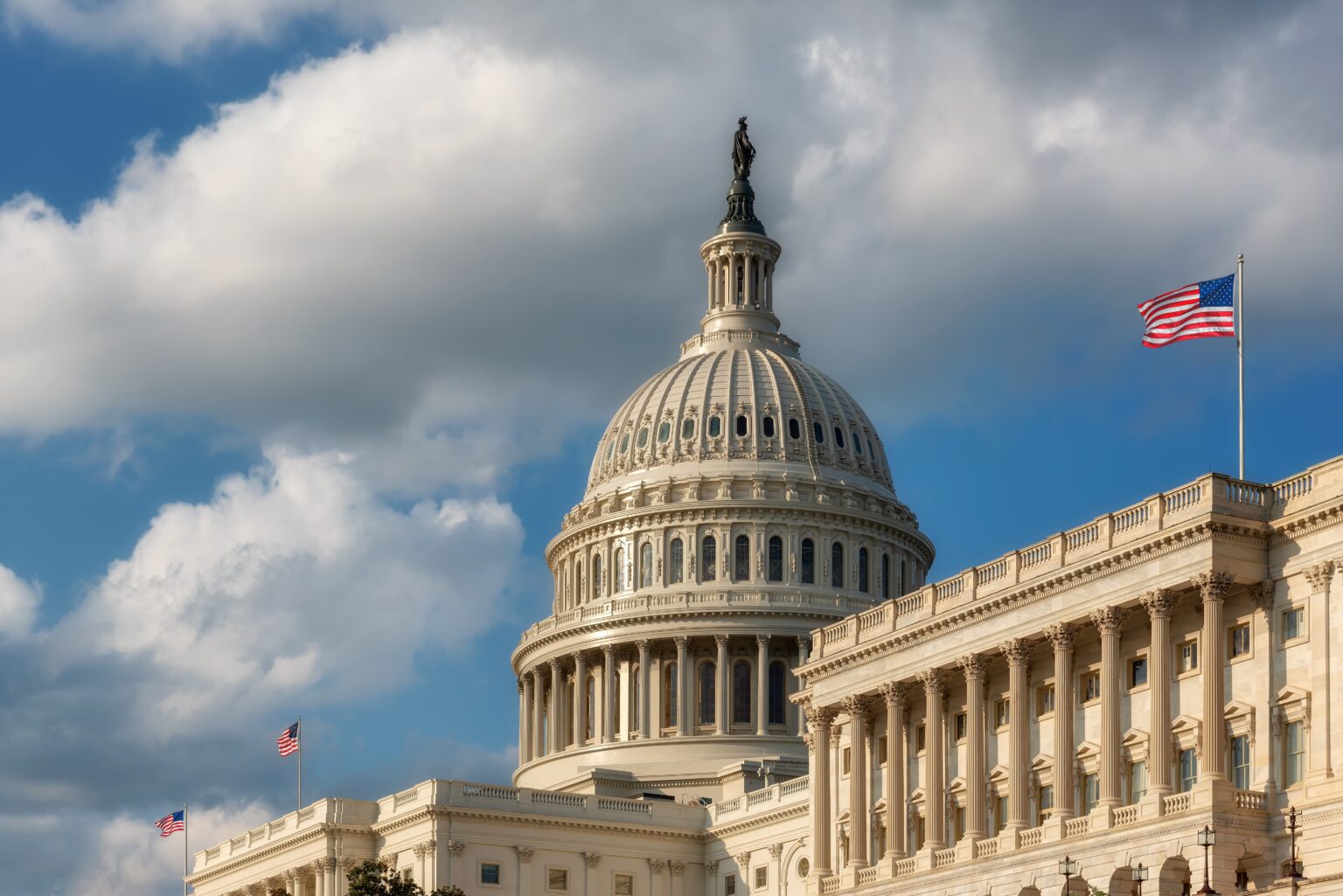In a move that could dramatically reshape federal consumer protection oversight, the U.S. Senate parliamentarian has ruled that a Republican proposal to slash the Consumer Financial Protection Bureau (CFPB)‘s budget can be included in a broader spending package under special budget rules. The decision, disclosed by several lawmakers on June 27, enables the measure to pass with a simple majority in the Senate, bypassing the standard 60-vote requirement.
The proposal would sever the CFPB’s existing funding link to the Federal Reserve, which currently provides the bureau with an autonomous source of financial support. Instead, the agency would have to rely on annual congressional appropriations—placing its operational budget under the direct control of Congress for the first time since its establishment in 2011.
Republicans argue that the CFPB’s unique funding structure has insulated it from the democratic process. “This is about restoring accountability,” said Senator John Kennedy (R-La.), a key advocate of the measure. “No agency should operate without financial oversight.”
Democrats, however, warn that placing the CFPB under congressional appropriations would politicize its work and weaken its ability to protect consumers from abusive financial practices. “This is a backdoor attempt to gut consumer protections,” said Senator Elizabeth Warren (D-Mass.), who helped create the bureau.
Budget Maneuver Seen As Strategic Victory
The parliamentarian’s approval is considered a major procedural win for Republicans, who have long sought to diminish the CFPB’s reach. By allowing the funding change to proceed under budget reconciliation, the GOP can advance the measure as part of a broader legislative package without needing bipartisan support in the Senate.
Reconciliation bills can only include provisions directly related to federal spending, revenue, or debt. The parliamentarian’s role is to determine whether proposed measures meet these strict criteria. According to aides involved in the talks, the funding change for the CFPB was deemed acceptable under these rules.
The Senate Budget Committee has not released the full text of the package, but sources familiar with the negotiations say it includes several fiscal reforms targeting what Republicans call “unaccountable” federal agencies. In addition to the CFPB provision, lawmakers are also discussing possible constraints on other regulators such as the Securities and Exchange Commission and the Federal Communications Commission.
“This is a targeted effort to rein in bureaucracies that have outgrown their mandate,” said one senior GOP aide.
Potential Legal And Political Battles Ahead
The decision is likely to provoke legal challenges. Democrats and consumer advocacy groups have already hinted that the funding change could violate the Supreme Court’s past interpretations of agency independence. Ironically, the high court is currently weighing a separate constitutional challenge to the CFPB’s funding structure, with a ruling expected later this year.
Critics of the parliamentarian’s ruling argue that it undermines a core principle of the agency’s design: financial insulation from political pressure. “This is about Wall Street trying to defund its watchdog,” said Rohit Chopra, the current director of the CFPB and a Biden appointee. “We will continue to carry out our mission—no matter what hurdles are put in place.”
For the Biden administration, the development adds another complication to ongoing spending negotiations and increases partisan tensions around federal regulatory authority.
If the measure survives intact through both chambers and reaches the president’s desk, it could set a precedent for altering the financial independence of other regulatory bodies.
Meanwhile, consumer protection groups are bracing for what they describe as a potential weakening of the agency’s ability to enforce fair lending laws, monitor credit reporting agencies, and crack down on predatory financial services.
Whether the funding shift ultimately becomes law will depend on how unified Senate Democrats remain, and whether House Republicans can avoid internal divisions that have disrupted previous budget efforts.


